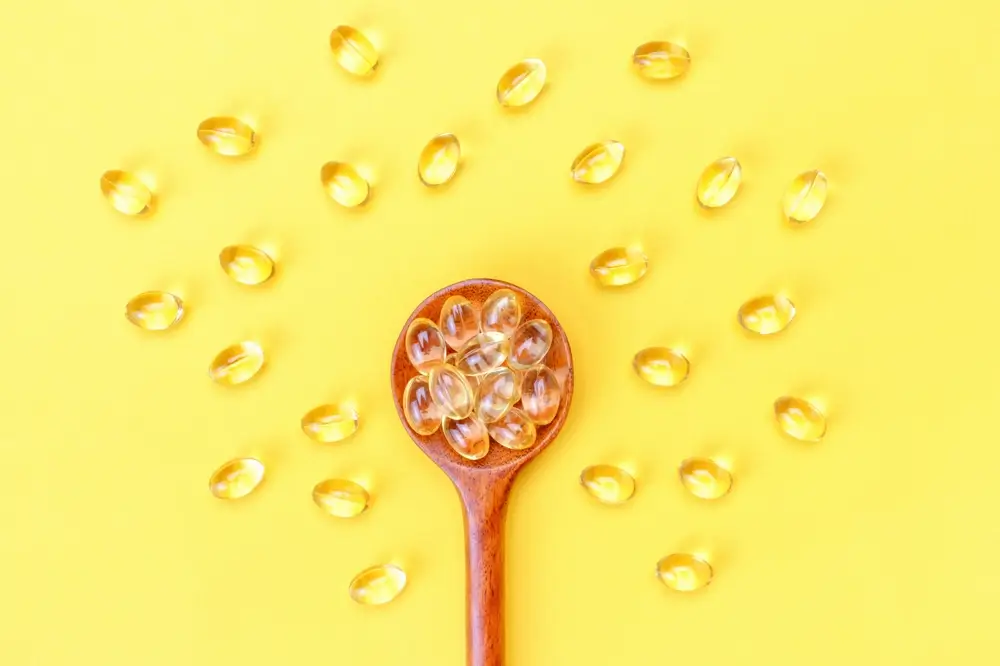As the days grow shorter and the weather gets colder, it’s not just your wardrobe that needs adjusting, your wellness routine might need a seasonal shift, too. One key nutrient that often goes overlooked during the fall and winter months is Vitamin D, and it plays a much bigger role in your health than most people realize.
At Transition Medical Weight Loss, we support whole-body health because weight loss isn’t just about the number on the scale, it’s about feeling your best mentally and physically. And Vitamin D is one of the nutrients that supports both.
What Is Vitamin D, and Why Do You Need It?
Often called the “sunshine vitamin,” Vitamin D is a fat-soluble vitamin that your body produces when your skin is exposed to sunlight. It also comes from a few food sources, like salmon, fortified dairy, and egg yolks.
Vitamin D is essential for:
- Supporting healthy bones
- A strong immune system
- Regulating mood and energy
- Aiding metabolic function
But during the fall and winter, many people spend less time outside and get less sunlight, which can impact their Vitamin D levels and how they feel overall.
How Low Vitamin D Affects Your Mood
Feeling a little more down than usual in the colder months? You’re not alone. Vitamin D has been linked to mood regulation, and low levels may contribute to feelings of sadness, irritability, or even symptoms of seasonal affective disorder (SAD).
This means that even if your nutrition is on track, you might still feel “off” emotionally during the fall and winter. Supporting your mood with adequate Vitamin D can help you stay more balanced and emotionally resilient, which is especially important when working toward health goals.
The Link Between Vitamin D and Weight Loss
Your body needs Vitamin D for more than just emotional well-being. Vitamin D also plays a role in metabolism, fat storage, and energy regulation.
Here’s how it ties into your weight loss journey:
- Low energy = less motivation to move. Vitamin D helps support steady energy levels, which can help you stay active and consistent.
- Mood affects motivation. If you’re feeling low or foggy, it’s harder to stick to healthy habits.
- Metabolism may slow without support. Some research suggests a correlation between low Vitamin D and challenges with weight loss or fat regulation.
At Transition, we focus on helping you build a plan that works with your body, not against it. That includes paying attention to how seasonal shifts might affect your ability to stay energized, motivated, and on track.
How to Get More Vitamin D in Your Day
You don’t need to chase the sun to give your body the Vitamin D it needs. Try these simple strategies to boost your intake:
- Eat Vitamin D-rich foods like salmon, tuna, fortified milk or plant-based milks, egg yolks, and mushrooms.
- Spend time outside during daylight hours when possible, even a 10–15 minute walk can help.
- Choose nutrient-dense meals that fuel your body and support overall health, especially during the darker months.
- Talk to your healthcare provider or coach at Transition about healthy habits that support mood, movement, and metabolism.
Bottom Line: Don’t Let Low Vitamin D Derail Your Progress
At Transition Medical Weight Loss, we help you understand how your body works so you can make progress that lasts. As fall sets in and winter approaches, now is the perfect time to support your body with what it needs, including Vitamin D.
Whether you’re struggling with motivation, feeling more tired than usual, or just want to stay on track through the holidays, we’re here to help. It’s not about perfection, it’s about progress, support, and building the healthiest version of you.

